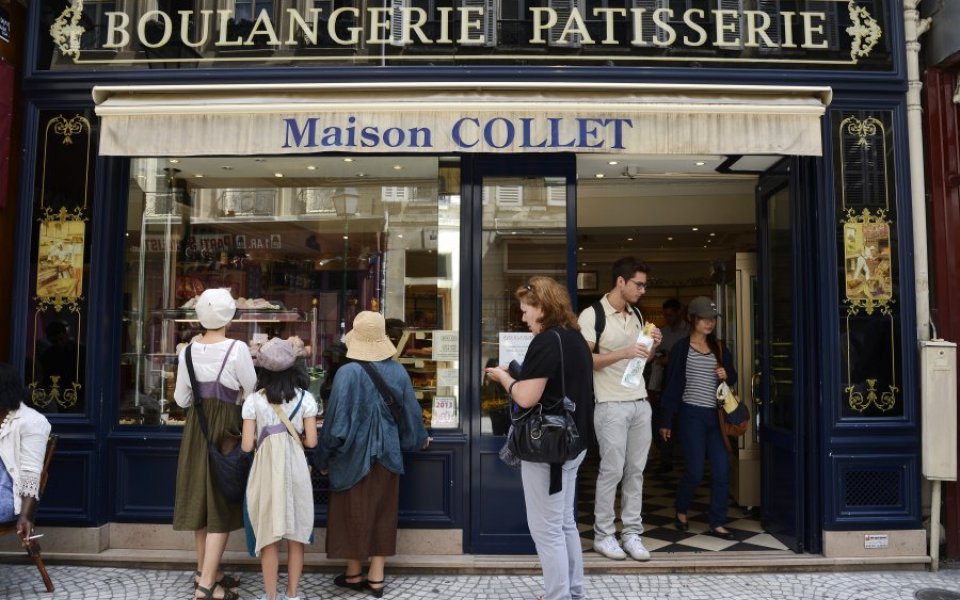Eurozone economy comes off the boil in January despite rebound in end-of-year retail sales

The Eurozone's economic recovery slowed in January, but remains at a steady pace, new figures show today.
Markit's economy-wide purchasing managers' index – compiled from a survey of firms – dropped to a score of 53.6 in January from the previous month's 54.2. While the figure is still above 50, which means the economy grew last month, it is lower than December's score, implying slower growth.
Despite the drop, Markit said that firms were reporting rising employment and backlogs of work, which "suggested that the upturn would continue during the coming months."
Firms also reported an intensification of deflationary pressures, with the average prices charged for goods and services falling at the fastest rate since March 2014.
Ireland topped the Eurozone rankings with a score of 61.1. The survey implied that France, one of the Eurozone's 'big four', had virtually stagnated with a score of 50.2.
“A disappointing eurozone PMI survey for January indicated one of the weakest expansions seen over the past year and raises the prospect of further stimulus," said Markit chief economist Chris Williamson.
“Growth and inflation have clearly failed to pick up over the past year despite the renewed stimulus efforts from the ECB [European Central Bank]. This raises the question of whether existing stimulus has simply been insufficient, or whether monetary policy is proving ineffective."
However, economist Claus Vistesen from Pantheon Macroeconomics said the figures were "no cause for alarm yet."
"The PMIs continue to indicate a stable cyclical recovery in the euro area, despite the dip," he said.
Separate data published today by Eurostat revealed a rebound in retail sales in December. The volume of goods sold jumped 0.3 per cent compared with November, led by a rise in food, drinks and tobacco sales.
Despite the rebound, sales failed barely grew overall over the final three months of the year.
"Despite December’s improvement, Eurozone retail sales volumes were essentially flat quarter-on-quarter in the fourth quarter of 2015 after a gain of 0.6% quarter-on-quarter in the third quarter. This suggests that consumer spending may not have been of that much help to Eurozone GDP growth in the fourth quarter of 2015," said Howard Archer from analysts IHS.
Yet the outlook for retail sales this year remains fairly bright. Archer added:
Eurozone consumers’ purchasing power is getting a serious boost from very low inflation or deflation across the Eurozone while labour markets have improved appreciably overall.